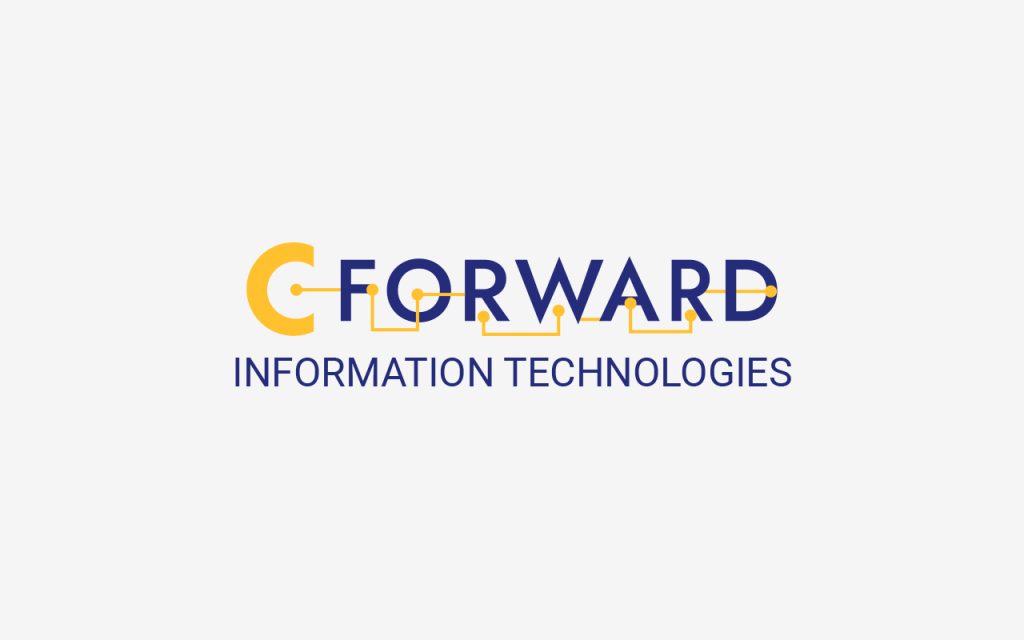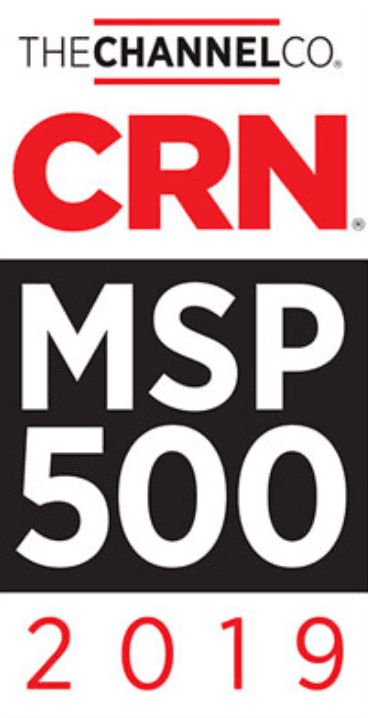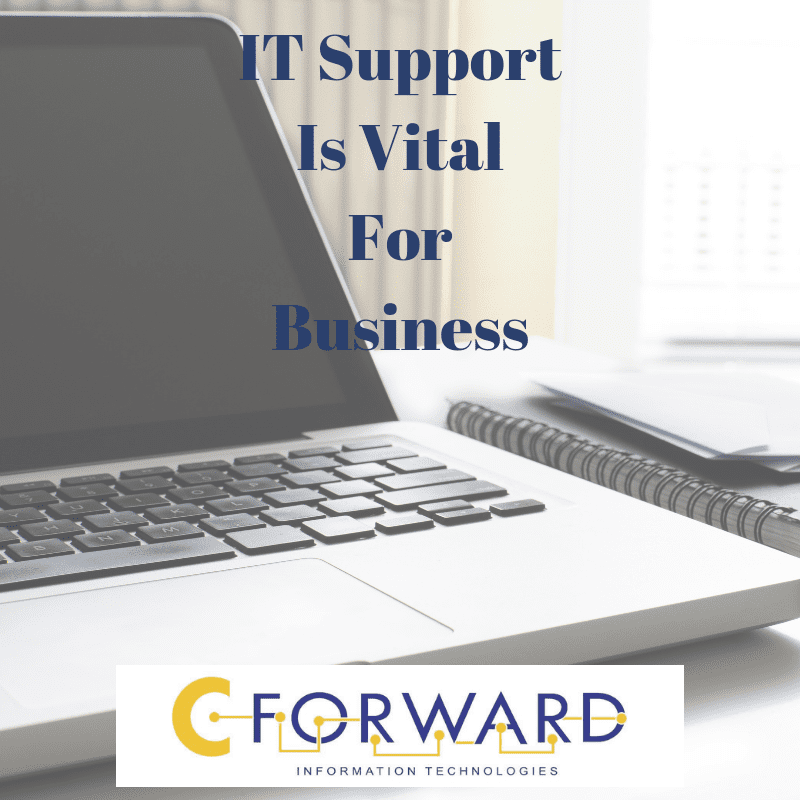Data Protection a Priority 365 Days a Year
In today’s world, with growing threats to organizations and customer data, IT pros need to remain vigilant and ensure that everyone in the business, from the CEO through to the administrative team, is educated on the importance of data protection, 365 days of the year. With more than a billion customers affected by corporate data breaches in […]
Data Protection a Priority 365 Days a Year Read More »







